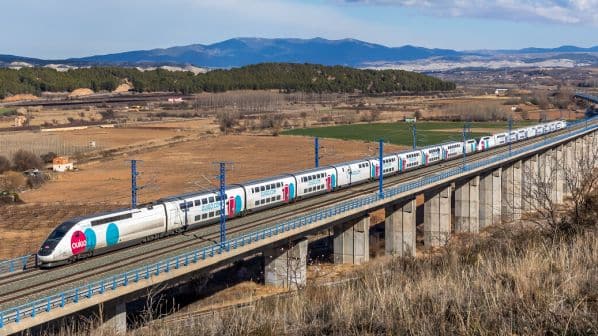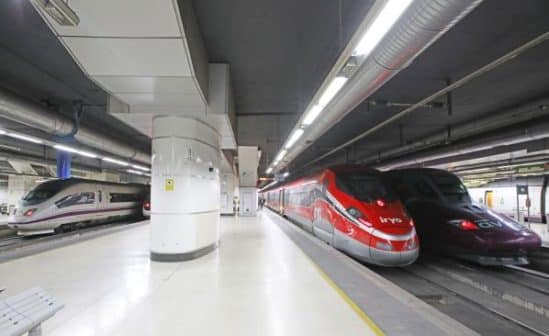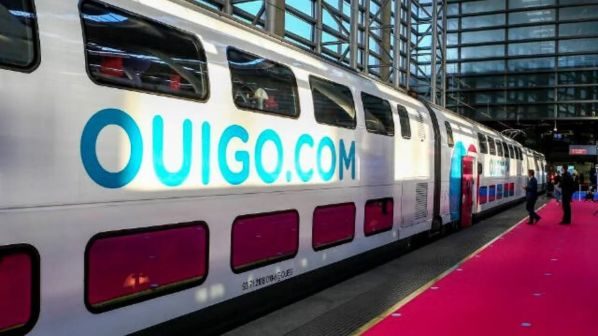SPAIN’s minister of transport and sustainable mobility, Mr Óscar Puente, says that the government is considering referring French National Railways’ (SNCF) low-cost subsidiary Ouigo to the National Markets and Competition Commission (CNMC).
In a series of recent radio interviews, Puente has accused of Ouigo of predatory pricing below the cost of production and “deeply unfair practices” in the domestic high-speed market.
“What was initially going to be healthy competition has changed into war from day one,” said Puente, who added that Ouigo’s controversial pricing strategy was to the detriment of its competitors, fellow new entrant Iryo and national operator Renfe.
According to Puente, Ouigo has cut fares to level that is unsustainable for all three companies.
“They came into routes that were highly profitable and now they are starting not to be,” Puente said. He added that all three high-speed operators were now in difficulty and that the current level of pricing was unsustainable, “unless the French company always wants to make a loss.”
Puente has suggested that, as an SNCF subsidiary, Ouigo has been able to sustain losses due to financial support from the French government. He also criticised Ouigo for its negative comments on the level of track access charges that it pays to infrastructure manager Adif AV while continuing to offer low fares.
“We do not have public subsidies,” says Ouigo España president, Mr Alain Krakovitch. He was speaking at press conference held last month after earlier remarks by Puente that Ouigo and Iryo were losing “a tremendous amount of money” through predatory pricing that was forcing Renfe “to compete with its hands tied behind its back.”
Ouigo has been operating in Spain since May 2021 and expects to reach breakeven in 2024, based on a business model of operating double-deck TGV high-speed trains each carrying up to 509 passengers per journey.
The high-speed operator also points out that its low-cost services have brought great benefits to passengers “who previously could not afford an elitist product.” At the same time, it will pay a total of €1bn to Adif AV under its 10-year track access contract.
Ouigo says that its business model based on economies of scale is effective when trains are 90% full, “something that we are already achieving,” according to the company.
Responding on social media, Puente said: “I will very much bear that in mind at the next meeting when you ask me to reduce the track access charges that you pay to Adif. It is clear from your response that you can pay them.”
According to CNMC data, the average price of high-speed fares fell by 21% in the last quarter of 2023 compared with same period the year before. Renfe remains the dominant operator with a market share of between 50% and 75%, depending on route, followed by Iryo with 25% to 30%.
Ouigo has around 21% of the market on its routes from Madrid to Barcelona, Valencia and Alicante. On all three corridors, it can operate up to 10% of the total number of services under its framework track access contract with Adif AV, compared with 70% for Renfe and 20% for Iryo.
Renfe’s own low-cost subsidiary Avlo offers the cheapest fares on almost all routes now open to competition, while the highest average fares are charged by Renfe for travel on its AVE services.
Puente has also accused France of a “lack of reciprocity” in the matter of opening national high-speed networks up to competition, citing the difficulties that Renfe has experienced in expanding its high-speed operations on SNCF infrastructure.
Delays to obtaining approval for its Talgo Avril high-speed trains to operate in France have forced Renfe to abandon its objective of launching a Barcelona - Paris service before the opening of the Olympic Games in Paris on July 24.
The new service that would compete with SNCF is now expected to start in the fourth quarter of this year.




